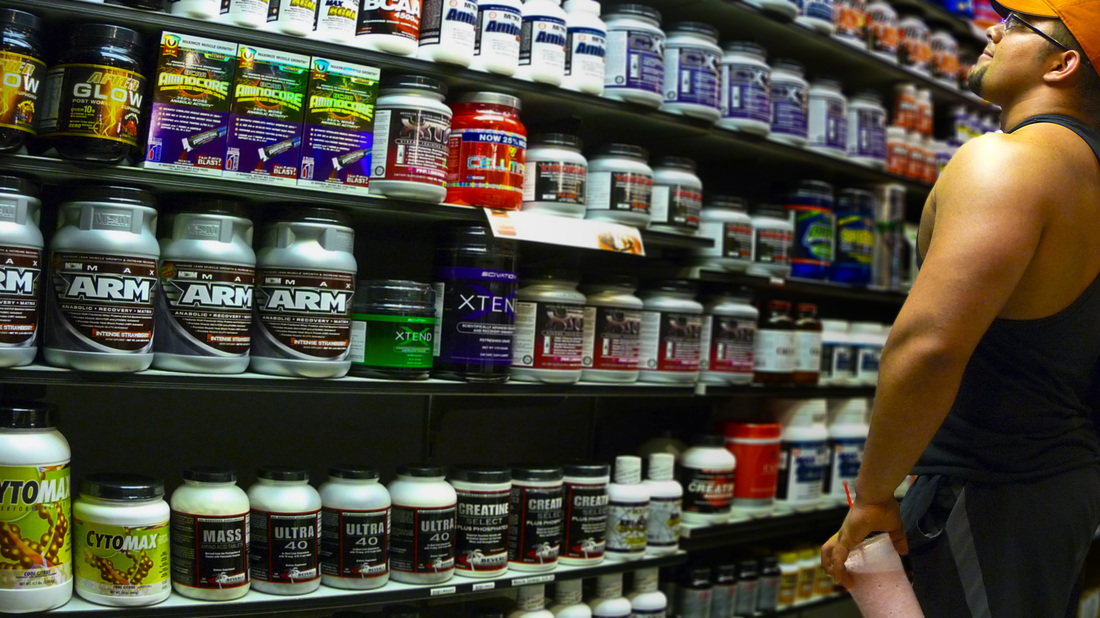|
By Jenelle Croatto APD
The sports food industry is booming! Without question, protein supplements draw BIG attention and are an ever-popular choice among athletes, gym-goers and those wanting to bulk up. The question is, how much protein is enough and is a supplement really necessary? Firstly, why the fuss over protein? During digestion, protein rich foods are broken down to amino acids, which act as building blocks for muscle. Paired with strength training, sufficient protein will promote muscle repair and help maximise muscle gains. However, don’t be fooled into thinking that more protein = more muscle, the truth is too much protein will only lead to weight gains, stress your kidneys and cause calcium to leech from bones. The amount of protein needed will depend on age, weight, training type and whether you’re male or female. While minimum requirements for adult males and females (under 70 years of age) are around 0.75g and 0.84g per kilogram respectively, requirements can start from 0.8g per kilogram and sore to 1.7g for elite athletes and those in the early stages of strength training. While active people generally need a higher protein intake, the average Aussie diet already sees most of us eating more protein than needed. Even for those needing a higher protein intake, an Accredited Practicing Dietitian can easily help you meet your protein needs through a well-planned diet. If your focus is rapid muscle recovery, not only is the total amount of protein important, so too is the timing of protein ingestion around training. As the human body can only absorb a small amount of protein at a time, research suggests that you can best enhance muscle repair and growth by spreading your protein intake out over the day and consuming around 20g protein in the hour after exercise. By also pairing your protein intake with some carbohydrate you can further kick-start the recovery process and also refuel glycogen (energy) stores. When it comes to the preferred type of protein for recovery and growth, high biological protein (HBV), which is derived from animals (meat, dairy and eggs), is more effective than plant protein as it is better utilised by the body and generally contains all 9 essential amino acids. Yes, a protein supplement is a convenient post workout choice, and can prove to be quite useful when travelling around, however an unprocessed wholefoods option such as a glass of milk is an equally suitable choice that doesn’t come with an exy price tag. Needing to further boost your protein intake? No problem! Add a scoop of milk powder for a protein rich recovery drink. Further to this, milk and dairy products are the number one dietary source of leucine, an amino acid that helps switch on muscle growth and repair. Other wholefood options such as eggs, lean meats, legumes (beans and lentils) and nuts are terrific nutrient rich foods and are an inexpensive way to meet your nutritional needs. All in all, the choice to use protein supplements is entirely up to the individual. Although they can be useful, they are not essential to “getting buff” or improving sporting performance. If you are using a protein supplements, opt for one based on whey protein, particularly whey protein isolate (WPI), which is digested faster than casein based supplements, delivering a faster supply of amino acids to the muscle.
0 Comments
Your comment will be posted after it is approved.
Leave a Reply. |
News FEEDFitness, Energy, Education & Diet Archives
June 2020
Categories
All
|

 RSS Feed
RSS Feed